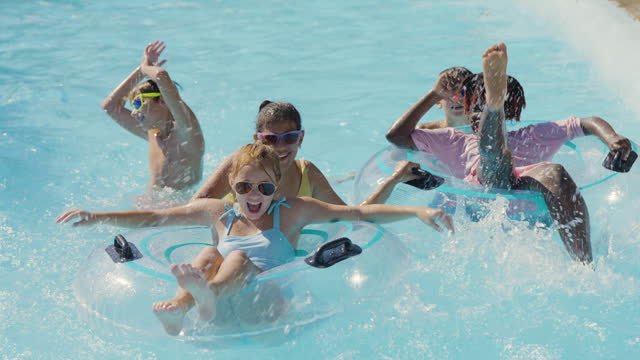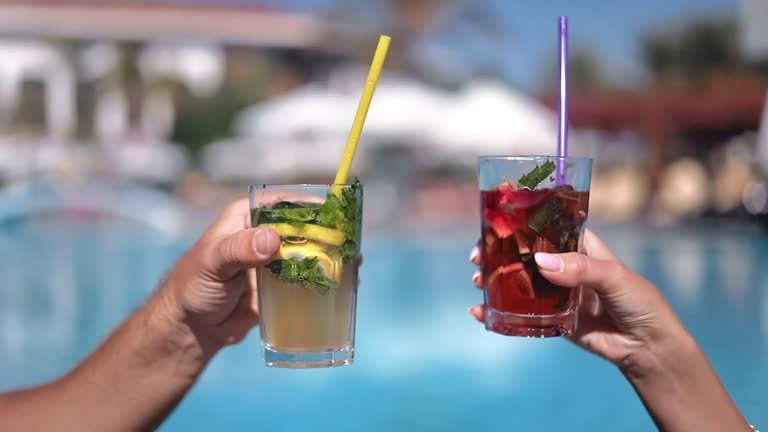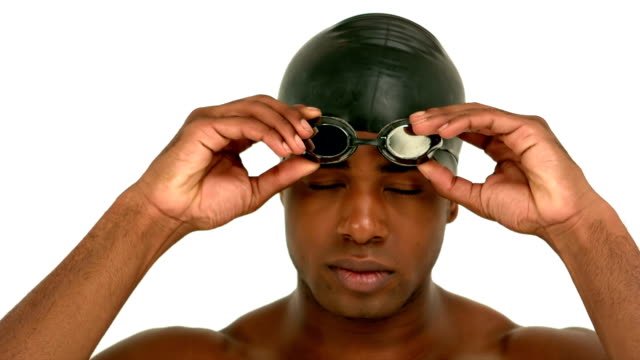
- calendar_month July 16, 2024
- folder Community Engagement
Sharing Tags
Cardiovascular Benefits of Swimming, Effects of Swimming, Hydration During Swimming, JohnHart, JohnHart Real Estate, Joint Health Swimming, Muscular Endurance, Nathan Derry, Nathan Derry JohnHart, Nathan Derry Realty, Nathan Derry Recommends, Nathan Derry, JohnHart Real Estate, Summer Safety Tips, Swimming Health Benefits, Swimming Temperature Sensation, Swimming Tips

Swimming is a fantastic way to stay fit and enjoy the water, but have you ever wondered why your body feels so different during and after a long swim? Let's dive into some of the physiological reactions and sensations you experience while swimming for an extended period.
Why Do Air and Water Temperatures Feel Different?

Initial Temperature Shock: When you first jump into a pool, the water often feels freezing because water conducts heat away from your body 25 times faster than air. This rapid heat loss makes the water feel much colder than it actually is.
Acclimatization: As you swim, your body starts to acclimate to the water temperature. Your muscles generate heat, which warms the water immediately around you, creating a small microclimate that feels warmer.
Reverse Sensation: When you exit the water, the air feels significantly colder. This is because your skin is wet and evaporation cools your body down rapidly, making the air feel colder than it is.
Importance of Hydration During Swimming

Dehydration Risk: Even though you're surrounded by water, swimming can lead to dehydration. You lose fluids through sweat and breathing, especially during intense swims or in warm pools.
Symptoms of Dehydration: Feeling tired, lightheaded, or experiencing cramps can be signs of dehydration. It’s crucial to drink water regularly before, during, and after swimming to maintain optimal hydration levels.
Here are five delicious non-alcoholic summer drinks that adults will love:
-
Watermelon Mint Cooler
- Ingredients: Watermelon, fresh mint leaves, lime juice, and a bit of honey.
- Preparation: Blend watermelon chunks until smooth, strain to remove pulp if desired. Add lime juice, honey, and crushed mint leaves. Serve over ice with a mint garnish.
-
Cucumber Lemonade
- Ingredients: Cucumbers, fresh lemon juice, sugar, water, and ice.
- Preparation: Blend cucumbers and strain to extract juice. Mix cucumber juice with lemon juice, sugar, and water. Serve over ice and garnish with cucumber slices and a lemon wheel.
-
Pineapple Coconut Mocktail
- Ingredients: Pineapple juice, coconut milk, lime juice, and a splash of soda water.
- Preparation: Mix pineapple juice, coconut milk, and lime juice in a shaker with ice. Shake well and strain into a glass filled with ice. Top with soda water and garnish with a pineapple slice and mint.
-
Raspberry Lime Sparkler
- Ingredients: Fresh raspberries, lime juice, simple syrup, and sparkling water.
- Preparation: Muddle fresh raspberries with lime juice and simple syrup in a glass. Fill with ice and top with sparkling water. Stir gently and garnish with extra raspberries and a lime wedge.
-
Iced Hibiscus Tea
- Ingredients: Dried hibiscus flowers, water, honey or agave syrup, and fresh mint leaves.
- Preparation: Boil water and steep dried hibiscus flowers for 10-15 minutes. Strain and sweeten with honey or agave syrup. Chill in the refrigerator. Serve over ice and garnish with fresh mint leaves.
These refreshing beverages are perfect for staying cool and hydrated during the summer months. Enjoy!
Physiological Effects of Lengthy Swims

Cardiovascular System: Swimming is a great cardiovascular workout. It strengthens the heart and improves circulation. However, prolonged swimming can also put a significant strain on your heart if you’re not used to it, so it’s important to pace yourself and not overdo it.
Muscular Endurance: Swimming for extended periods increases muscular endurance. Your muscles adapt to sustained effort, becoming stronger and more efficient over time.
Joint Health: Swimming is low-impact, making it excellent for joint health. The buoyancy of water reduces stress on joints, which can be particularly beneficial for individuals with arthritis or joint pain.
Mental Well-Being: The rhythmic nature of swimming can be meditative, reducing stress and promoting mental well-being. However, staying in the water too long without breaks can lead to fatigue and decreased mental alertness.
Tips for a Safe and Enjoyable Swimming Experience
- Gradual Acclimatization: Ease into the water to allow your body to adjust to the temperature gradually.
- Stay Hydrated: Drink water regularly, even if you don't feel thirsty.
- Listen to Your Body: Take breaks if you start feeling fatigued or lightheaded.
- Warm Up and Cool Down: Incorporate a warm-up and cool-down routine to prepare your body for the swim and aid in recovery.
I'm Nathan Derry with JohnHart Real Estate, wishing everyone a happy and safe summer season. Remember, swimming is not only fun but also a great way to stay fit and healthy. Stay hydrated, swim smart, and enjoy the water!
All the best,
Nathan Derry, Realtor

📍JohnHart Real Estate
📞(424) 303-0440
📧 nathan@jhagents.com
👨🏽💻 itsnathanderry.com
Interested in seeing a property or one of my off market properties in person? Contact me today! Who you hire matters!!!
Ready to make the best move of your life… let’s chat today!
